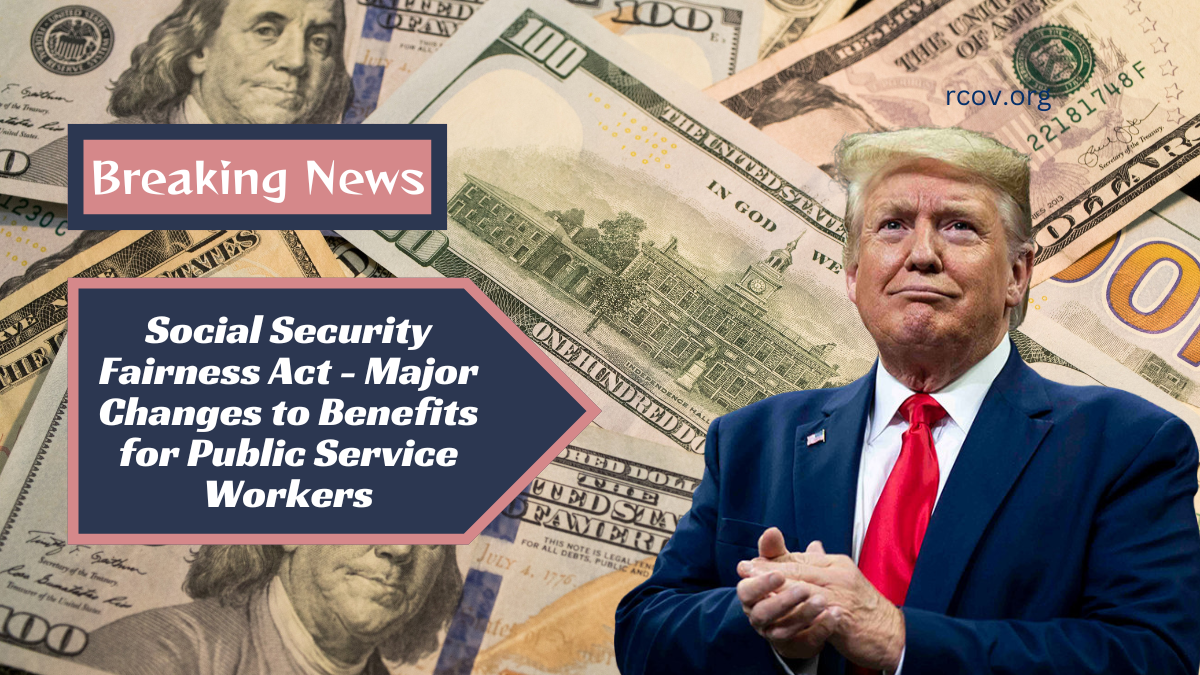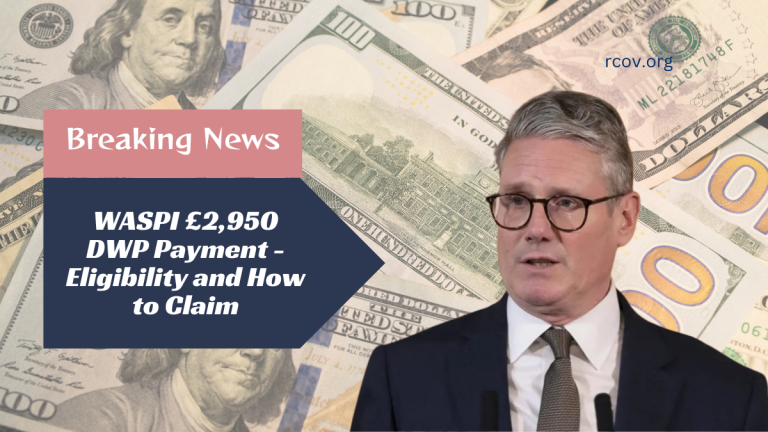The Social Security Fairness Act, recently passed by the House of Representatives, aims to eliminate the Windfall Elimination Provision (WEP) and the Government Pension Offset (GPO). These provisions currently reduce Social Security benefits for individuals who have worked in public service jobs and also receive pensions from employers who did not withhold Social Security taxes. The bill now awaits Senate approval to become law.
Understanding the Windfall Elimination Provision (WEP)
The WEP affects individuals who qualify for Social Security benefits and also receive pensions from employers that did not pay into the Social Security system.
This provision reduces the Social Security benefits of these individuals, even if they have made other contributions to the program. Currently, the WEP impacts over two million Social Security recipients.
Understanding the Government Pension Offset (GPO)
The GPO reduces spousal or survivor benefits for retired federal, state, and local government employees who did not make payroll tax contributions to the Social Security system. This regulation affects about 800,000 retirees.
Provisions of the Social Security Fairness Act
The Social Security Fairness Act seeks to:
- Repeal the WEP: This would restore full Social Security benefits to individuals who also receive pensions from non-covered employment.
- Repeal the GPO: This would ensure that spousal and survivor benefits are not reduced for individuals receiving government pensions.
The bill has garnered bipartisan support, with co-sponsors emphasizing the need to rectify these provisions that have been considered unfair for over 40 years.
Current Status in the Senate
After passing the House with nearly 300 votes, the bill is now in the Senate. Senators Sherrod Brown and Susan Collins have urged Senate leaders to bring the bill to a vote, highlighting the opportunity to address the concerns of nearly 2.5 million retirees affected by the WEP and GPO.
Potential Impact on Affected Individuals
If enacted, the repeal of the WEP and GPO would:
- Increase Social Security Benefits: Individuals who have worked in public service and also qualify for Social Security would receive their full benefits without reductions.
- **Provide FiMany retirees who have been adversely affected by these provisions would experience an increase in their monthly Social Security payments.
This change is particularly significant for public service workers who have dedicated their careers to serving communities and have faced financial disadvantages due to these provisions.
The Social Security Fairness Act represents a significant step toward ensuring that individuals who have worked in public service receive the full Social Security benefits they deserve. As the bill moves through the legislative process, it is crucial for affected individuals to stay informed about its progress and potential impact on their benefits.
FAQs
What is the Windfall Elimination Provision (WEP)?
The WEP is a formula used to adjust Social Security worker benefits for people who receive pensions from employers that did not withhold Social Security taxes from their salaries. This provision reduces the Social Security benefits of these individuals, even if they have made other contributions to the program.
What is the Government Pension Offset (GPO)?
The GPO reduces spousal or survivor benefits for retired federal, state, and local government employees who did not make payroll tax contributions to the Social Security system. This regulation affects about 800,000 retirees.
How would the Social Security Fairness Act affect me?
If you are a public service worker who also qualifies for Social Security benefits, the repeal of the WEP and GPO would restore your full Social Security benefits without reductions. This change would result in an increase in your monthly Social Security payments.
When will the changes take effect?
If the Social Security Fairness Act is enacted, the changes would apply to benefits payable after December 2023. However, if not passed by January 3, 2025, the bill would expire, necessitating a restart of the legislative process.
What should I do to stay informed?
It is important to stay updated on the progress of the Social Security Fairness Act. You can do this by following news reports, contacting your local representatives, and visiting official government websites for the latest information.







